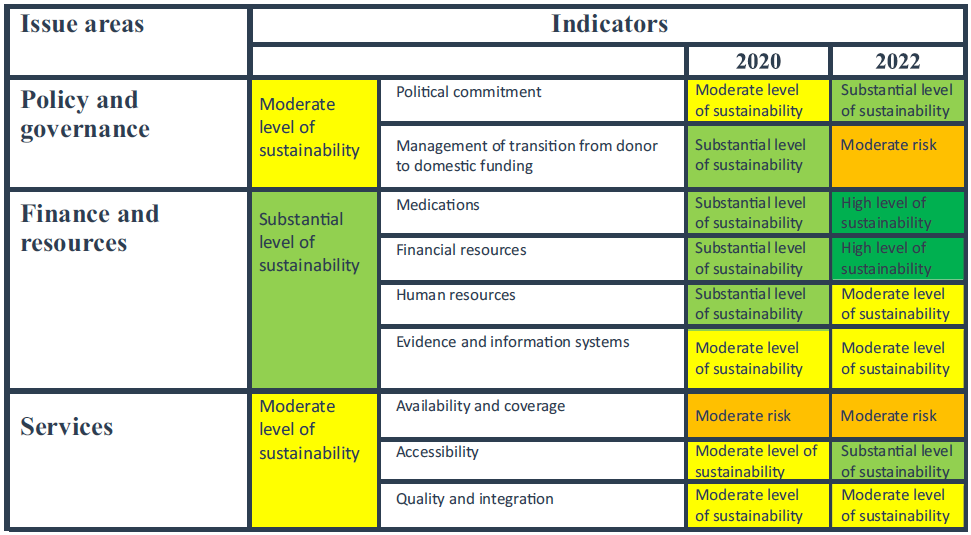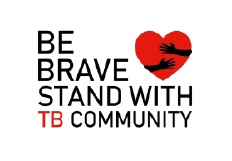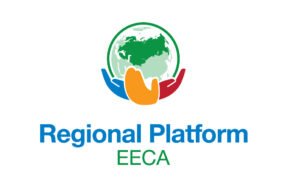REPUBLIC OF MOLDOVA: Reassessment of the sustainability of the opioid agonist therapy programme within the context of transition from donor support to domestic funding
- 12.04.2023 19:31
- Post Views: 383
Since its launch in 2004 and over the first ten years, the OAT programme in Moldova was financed exclusively from Global Fund grants. Starting in 2016, OAT has been co-funded by the NHIC (except for the psychosocial support component and medicines procurement). In 2004, OAT was initiated with the use of buprenorphine in the first year of programme implementation. However, from 2005 to 2019, only methadone (in liquid form) was used for OAT, and in 2019 both drugs became available for OAT clients. Currently, both drugs are procured from the national budget within the HIV/AIDS NP.
Today, OAT services in Moldova are available in 10 cities (at 11 sites), including Chisinau and Balti, and in other districts on the right bank of the Dniester River, as well as in 13 penitentiary institutions. OAT services are not yet available on the left bank of the Dniester River. As of the beginning of 2022, there were only 569 OAT programme clients, including 106 in penitentiary institutions. As of 1 September, 2022, the total number of OAT programme clients was 590 people, 513 of them receiving methadone and 77 buprenorphine.
The aim of this study is to evaluate the sustainability of the OAT programme within the context of its transition from Global Fund support to national funding and to identify strengths, barriers, challenges and risks, as well as opportunities to enhance the programme’s sustainability. The first sustainability analysis was conducted in 2020 and was based on the framework and methodology designed by the Eurasian Harm Reduction Association (EHRA).
The current analysis is a follow-up study aimed at examining the main changes that have occurred in the programme over the last two years. The current assessment is mainly focused on the success achieved and the problems encountered during efforts to ensure sustainability; on the relevant conditions and mechanisms for transition; on gaps in the finances and human resources and other programmatic data relevant to the transition process; and on an analysis of the confirmed transition plans. This assessment was conducted in 2022 by EHRA within the framework of the regional project entitled ‘Sustainability of Services for Key Populations in the EECA Region’.
The following provides a summary of progress towards ensuring the sustainability of the OAT programme in the Republic of Moldova by the three thematic areas reviewed in the course of this assessment:

Based on this assessment, the recommendations have been developed to enhance the sustainability of the OAT programme in Moldova.
You may access the report on the assessment of OAT sustainability in Republic of Moldova in English and Russian here:
Services for migrants and refugees from Ukraine – HIV/TB care with a focus on key populations
Due to the increasing flows of refugees from Ukraine because of Russia’s invasion of Ukraine, the EECA Regional Platform created a spreadsheet to fill contacts details of face-to-face and online services for refugees and migrants (with a focus on HIV/TB care and key population groups).
Regional Platform – EECA
This web-resource is a part of new regional communication and coordination project “Regional Civil Society and Community Support, Coordination and Communication Platform - EECA”, implemented by Eurasian Harm Reduction Association (EHRA).
Tags
See also
-
EECA’s Regional Platform monthly Newsletter #20, January 2026 27.01.2026 12:58
-
Global Fund Eligibility List 2026 27.01.2026 11:19







